Home / World / Terror Attack in Balochistan, Pakistan: Truck Bombing Claims 11 Lives and Leaves 6 Injured
Terror Attack in Balochistan, Pakistan: Truck Bombing Claims 11 Lives and Leaves 6 Injured
By: My India Times
4 minutes read 196Updated At: 2025-02-14
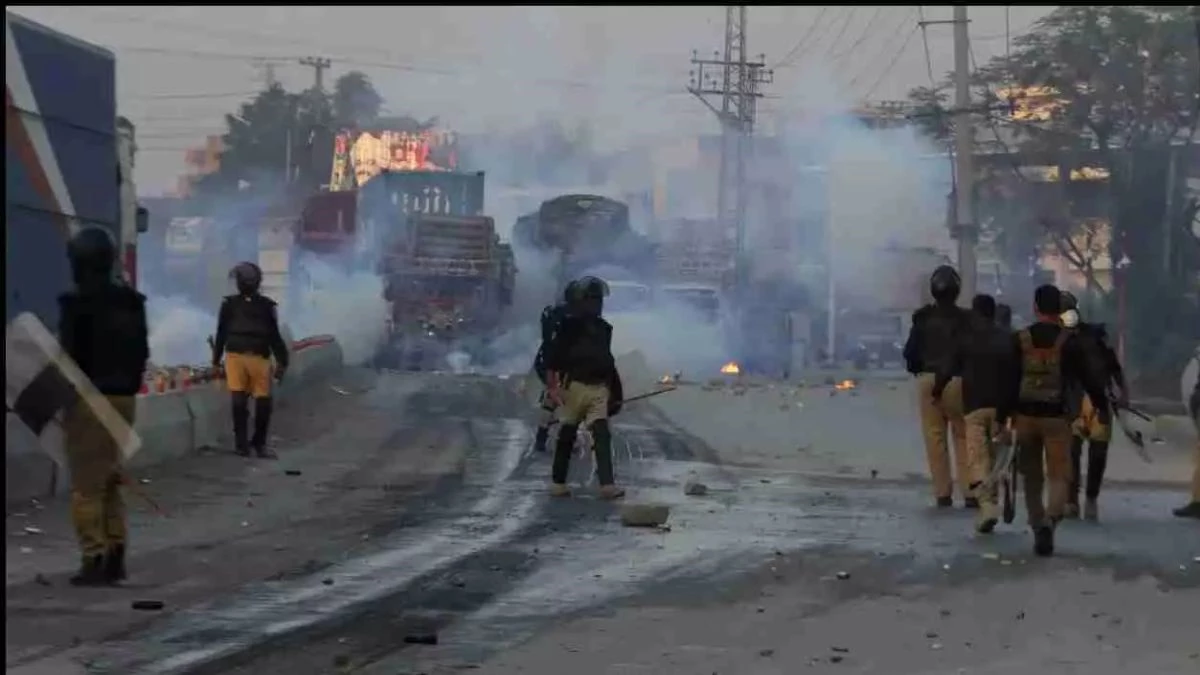
A devastating bomb explosion occurred in southwestern Pakistan on Friday, resulting in the deaths of 11 individuals and injuring six others critically. The incident took place in Balochistan province, an area known for its unstable security conditions. The targeted vehicle was a truck transporting coal miners, and the attack appears to have been carefully orchestrated. This tragic event reflects a concerning increase in violence within the region, which has become a focal point for insurgent operations and militant activities.
The Attack: A Remote-Controlled Device
The incident transpired while a truck was en route to a mining site in the Herani area of Balochistan. The vehicle was struck by a roadside bomb operated via remote control at the moment it passed by. As reported by paramilitary sources, the explosion was triggered upon the vehicle's passage, leading to significant casualties. At the time, 17 miners were aboard, with local reports confirming 11 fatalities and six critically injured.
Balochistan: A Region Afflicted by Turmoil
Balochistan has historically grappled with insurgency, involving various local and militant factions in conflict against the Pakistani government. The province, abundant in natural resources, has become a battleground over the control and exploitation of its extensive mineral wealth. The Baloch community has long voiced grievances regarding their lack of agency over these resources, and there has been growing animosity towards foreign involvement, particularly from China, in large-scale development projects.
The China-Pakistan Economic Corridor (CPEC), backed by Chinese investment, has intensified regional tensions. Local nationalist groups contend that the exploitation of resources primarily benefits Pakistan and China, while the local population remains excluded from these developments. Consequently, militant organizations have escalated their attacks, targeting not only Pakistani authorities but also foreign nationals and workers associated with Chinese enterprises.
Victims and Community Response: Mourning and Recovery
The individuals affected by this recent attack were coal miners hailing from the Shangla district of Khyber Pakhtunkhwa, a province distant from Balochistan. Their families are now enduring profound grief over the loss of their loved ones, while medical aid continues for those injured in the explosion. The severity of the miners' injuries has prompted local officials to enhance security measures in the region and ensure adequate medical support for survivors.
Local officials and paramilitary forces have rushed to the scene to investigate the attack. The provincial government has pledged to investigate the cause and circumstances surrounding the bombing. Shahid Rind, a spokesperson for the Balochistan government, confirmed that an inquiry had been initiated. Early reports indicate that explosive materials were planted along the road to target the miners' truck.
Political and Security Fallout
Following the attack, Balochistan’s Chief Minister, Sarfaraz Bugti, condemned the violence and expressed his condolences to the victims' families. Bugti vowed to continue efforts to combat terrorism in the region, emphasizing that those responsible for the attack would not go unpunished. He described the assault as a “cowardly act” and called on the security forces to remain vigilant against militants who seek to destabilize the region. The Chief Minister further asserted that the Balochistan government would continue to protect the people and prevent terrorism from spreading across the province.
Balochistan, with its strategic location and abundant natural resources, remains crucial to Pakistan's economic and geopolitical interests. The region is home to the Gwadar Port, a key part of the China-Pakistan Economic Corridor (CPEC). However, the growing dissatisfaction among local Baloch nationalist groups continues to pose a significant challenge to stability in the area.
The Role of Militants and Insurgency
The insurgency in Balochistan has been fueled by a combination of political, economic, and social grievances. The Baloch people have long argued that the central government, along with foreign powers like China, is exploiting their natural resources without sharing the benefits with the local population. This sense of marginalization has led to the rise of various militant groups, which have resorted to violent measures to assert their demands.
The growing militancy in the region has raised concerns about Pakistan's ability to secure Balochistan, especially in the face of increasing attacks targeting both civilians and military personnel. The Pakistani government and military have launched several operations to quell the insurgency, but the persistence of such attacks suggests that the situation remains precarious.
Global Impact and Security Concerns
This attack serves as a stark reminder of the security challenges faced by Pakistan, particularly in the wake of its role in hosting the Champions Trophy cricket tournament. With the eyes of the world on the region, Pakistan has struggled to maintain a secure environment, especially in volatile areas like Balochistan.
The international community continues to monitor the situation closely, as the ongoing violence in Balochistan has broader implications for regional stability and security. The escalation of militant activity could have serious consequences for both Pakistan’s domestic security and its international relations, particularly with China, which has significant investments in the region.
....A devastating bomb explosion occurred in southwestern Pakistan on Friday, resulting in the deaths of 11 individuals and injuring six others critically. The incident took place in Balochistan province, an area known for its unstable security conditions. The targeted vehicle was a truck transporting coal miners, and the attack appears to have been carefully orchestrated. This tragic event reflects a concerning increase in violence within the region, which has become a focal point for insurgent operations and militant activities.
The Attack: A Remote-Controlled Device
The incident transpired while a truck was en route to a mining site in the Herani area of Balochistan. The vehicle was struck by a roadside bomb operated via remote control at the moment it passed by. As reported by paramilitary sources, the explosion was triggered upon the vehicle's passage, leading to significant casualties. At the time, 17 miners were aboard, with local reports confirming 11 fatalities and six critically injured.
Balochistan: A Region Afflicted by Turmoil
Balochistan has historically grappled with insurgency, involving various local and militant factions in conflict against the Pakistani government. The province, abundant in natural resources, has become a battleground over the control and exploitation of its extensive mineral wealth. The Baloch community has long voiced grievances regarding their lack of agency over these resources, and there has been growing animosity towards foreign involvement, particularly from China, in large-scale development projects.
The China-Pakistan Economic Corridor (CPEC), backed by Chinese investment, has intensified regional tensions. Local nationalist groups contend that the exploitation of resources primarily benefits Pakistan and China, while the local population remains excluded from these developments. Consequently, militant organizations have escalated their attacks, targeting not only Pakistani authorities but also foreign nationals and workers associated with Chinese enterprises.
Victims and Community Response: Mourning and Recovery
The individuals affected by this recent attack were coal miners hailing from the Shangla district of Khyber Pakhtunkhwa, a province distant from Balochistan. Their families are now enduring profound grief over the loss of their loved ones, while medical aid continues for those injured in the explosion. The severity of the miners' injuries has prompted local officials to enhance security measures in the region and ensure adequate medical support for survivors.
Local officials and paramilitary forces have rushed to the scene to investigate the attack. The provincial government has pledged to investigate the cause and circumstances surrounding the bombing. Shahid Rind, a spokesperson for the Balochistan government, confirmed that an inquiry had been initiated. Early reports indicate that explosive materials were planted along the road to target the miners' truck.
Political and Security Fallout
Following the attack, Balochistan’s Chief Minister, Sarfaraz Bugti, condemned the violence and expressed his condolences to the victims' families. Bugti vowed to continue efforts to combat terrorism in the region, emphasizing that those responsible for the attack would not go unpunished. He described the assault as a “cowardly act” and called on the security forces to remain vigilant against militants who seek to destabilize the region. The Chief Minister further asserted that the Balochistan government would continue to protect the people and prevent terrorism from spreading across the province.
Balochistan, with its strategic location and abundant natural resources, remains crucial to Pakistan's economic and geopolitical interests. The region is home to the Gwadar Port, a key part of the China-Pakistan Economic Corridor (CPEC). However, the growing dissatisfaction among local Baloch nationalist groups continues to pose a significant challenge to stability in the area.
The Role of Militants and Insurgency
The insurgency in Balochistan has been fueled by a combination of political, economic, and social grievances. The Baloch people have long argued that the central government, along with foreign powers like China, is exploiting their natural resources without sharing the benefits with the local population. This sense of marginalization has led to the rise of various militant groups, which have resorted to violent measures to assert their demands.
The growing militancy in the region has raised concerns about Pakistan's ability to secure Balochistan, especially in the face of increasing attacks targeting both civilians and military personnel. The Pakistani government and military have launched several operations to quell the insurgency, but the persistence of such attacks suggests that the situation remains precarious.
Global Impact and Security Concerns
This attack serves as a stark reminder of the security challenges faced by Pakistan, particularly in the wake of its role in hosting the Champions Trophy cricket tournament. With the eyes of the world on the region, Pakistan has struggled to maintain a secure environment, especially in volatile areas like Balochistan.
The international community continues to monitor the situation closely, as the ongoing violence in Balochistan has broader implications for regional stability and security. The escalation of militant activity could have serious consequences for both Pakistan’s domestic security and its international relations, particularly with China, which has significant investments in the region.
By: My India Times
Updated At: 2025-02-14
Tags: World News | My India Times News | Trending News | Travel News
Join our WhatsApp Channel










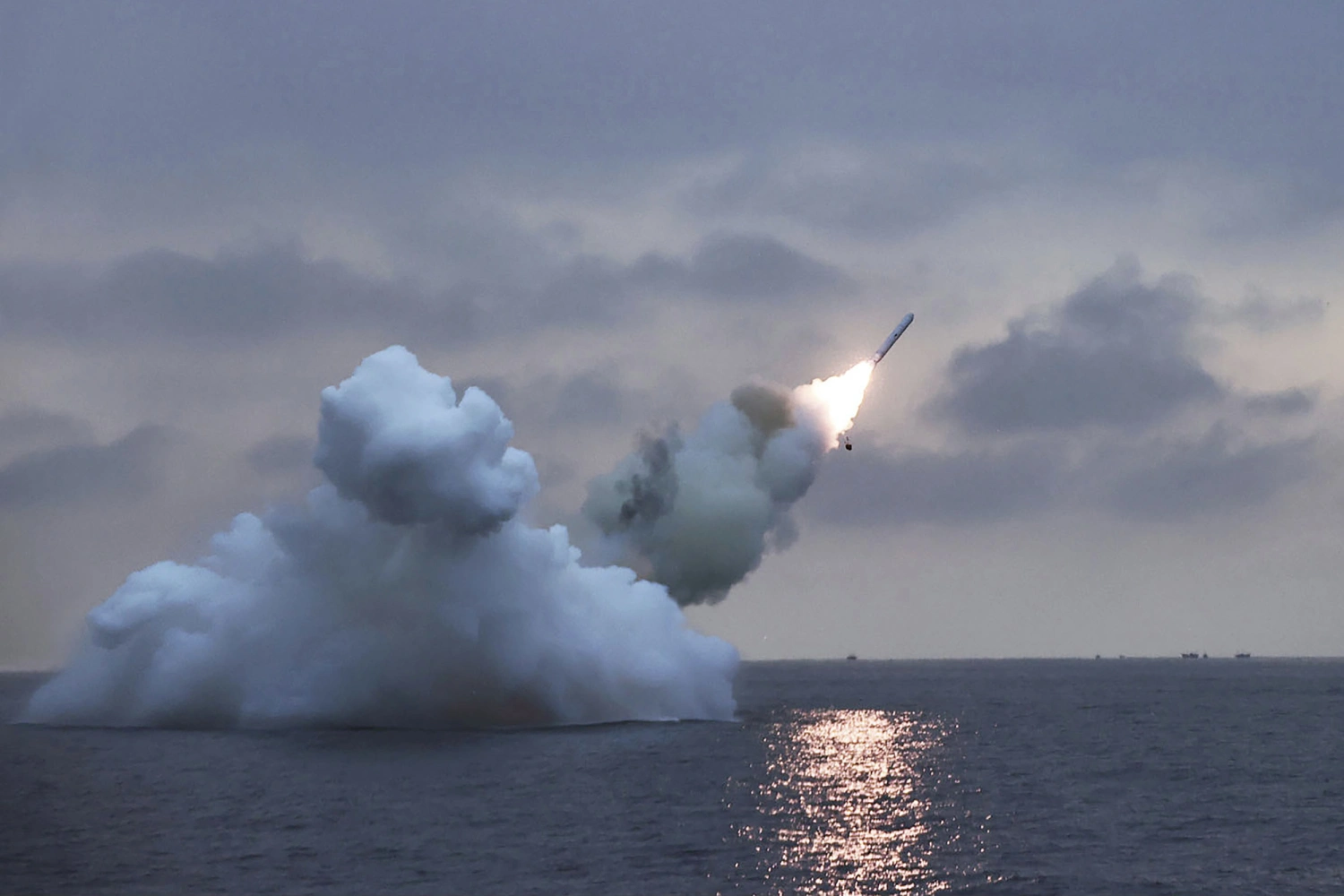



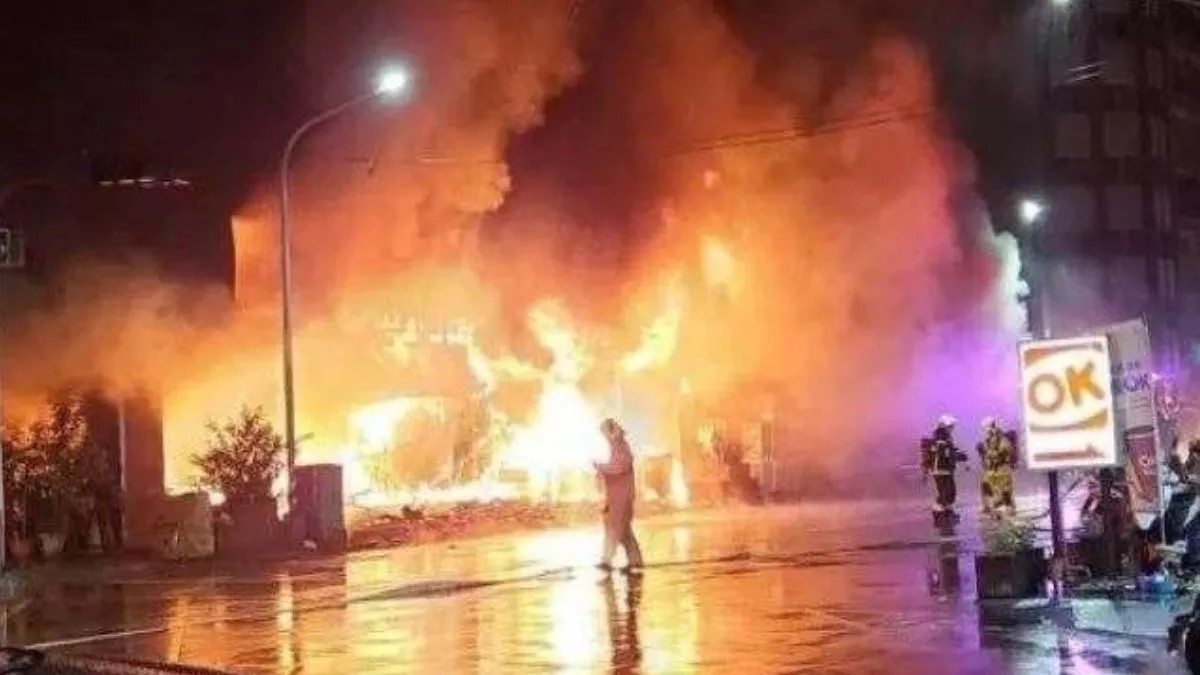


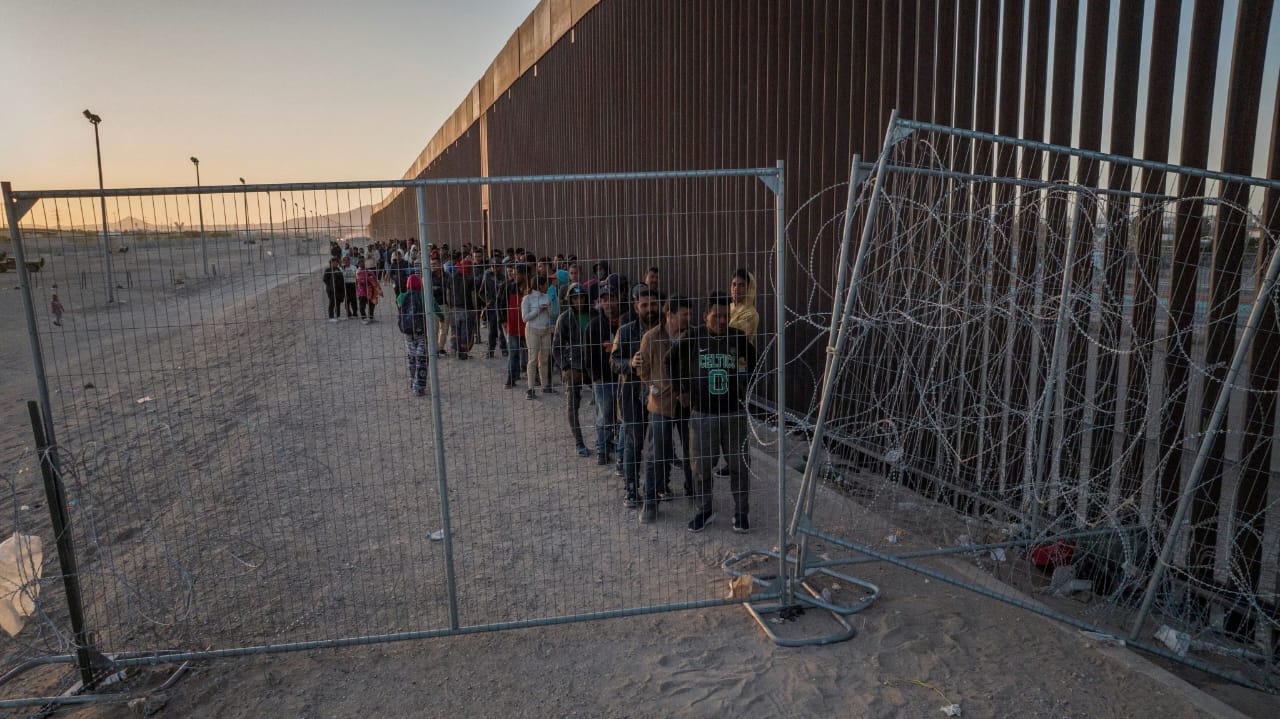


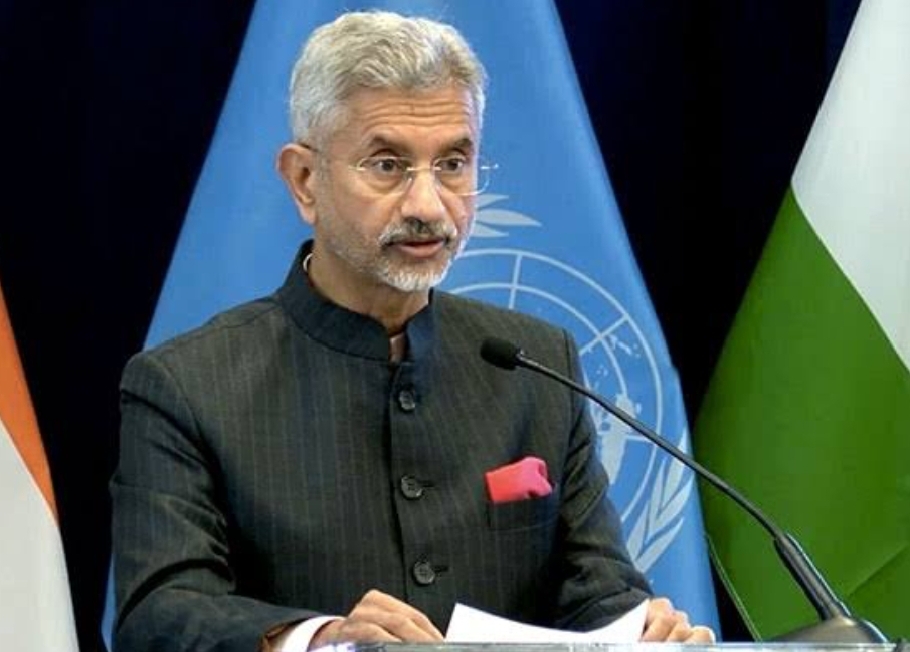




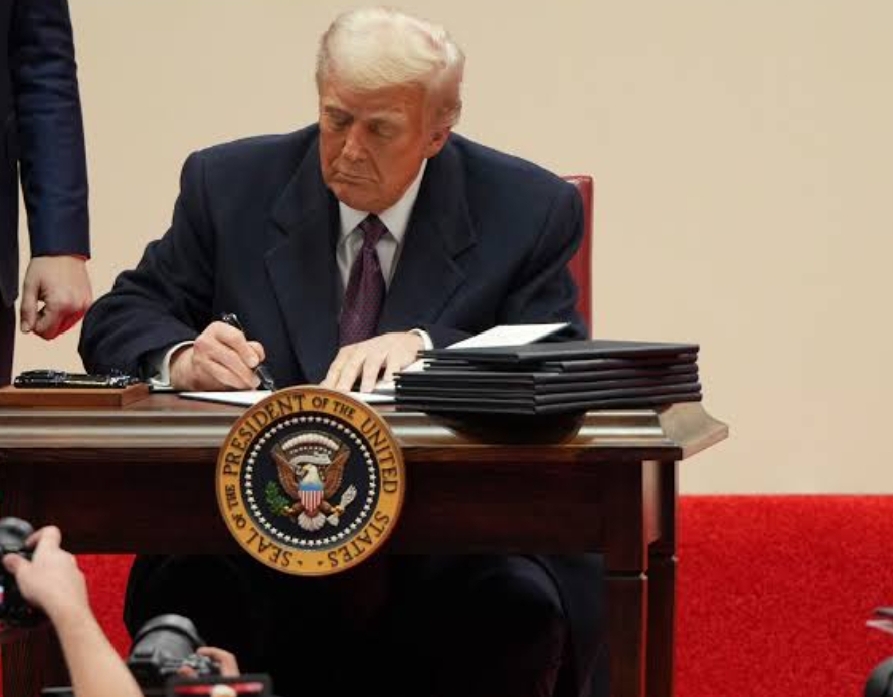

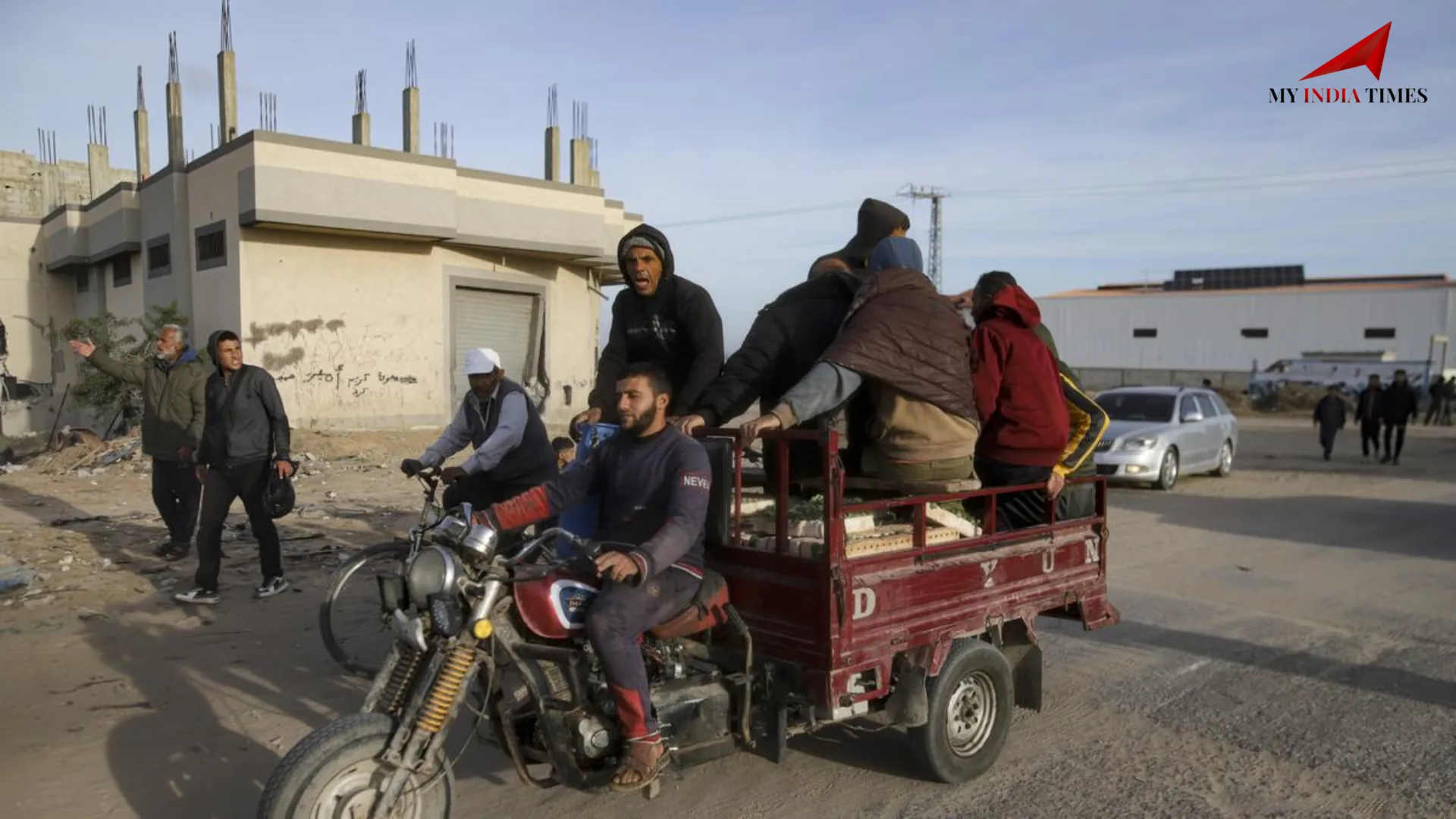




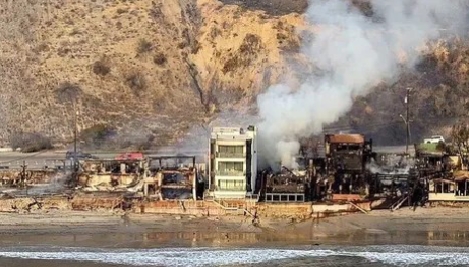



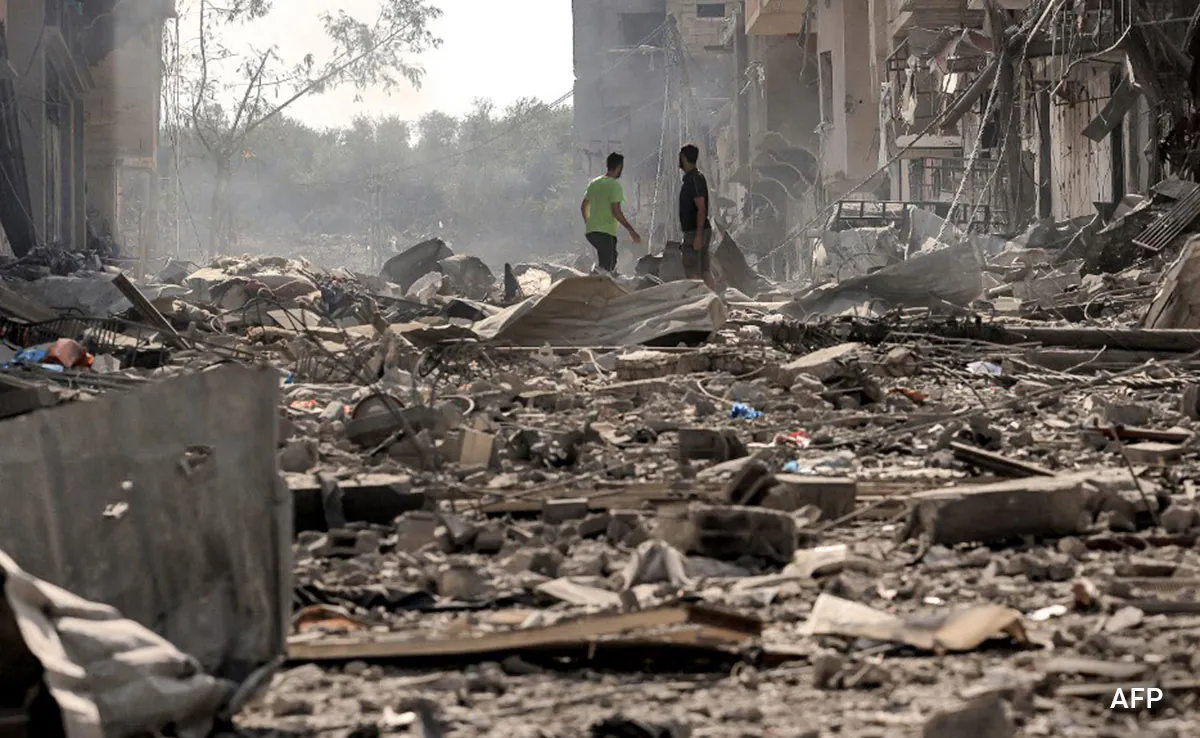



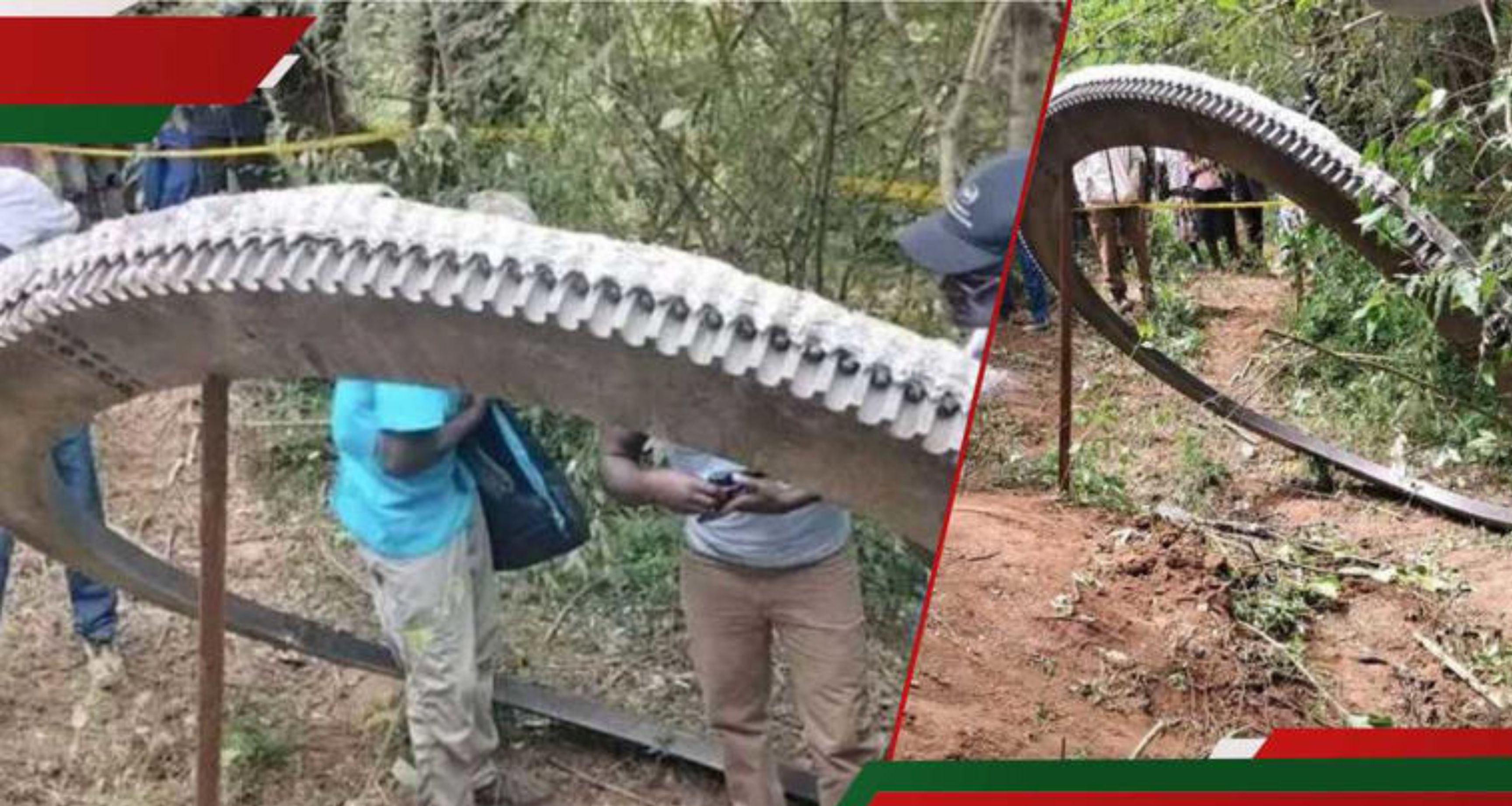








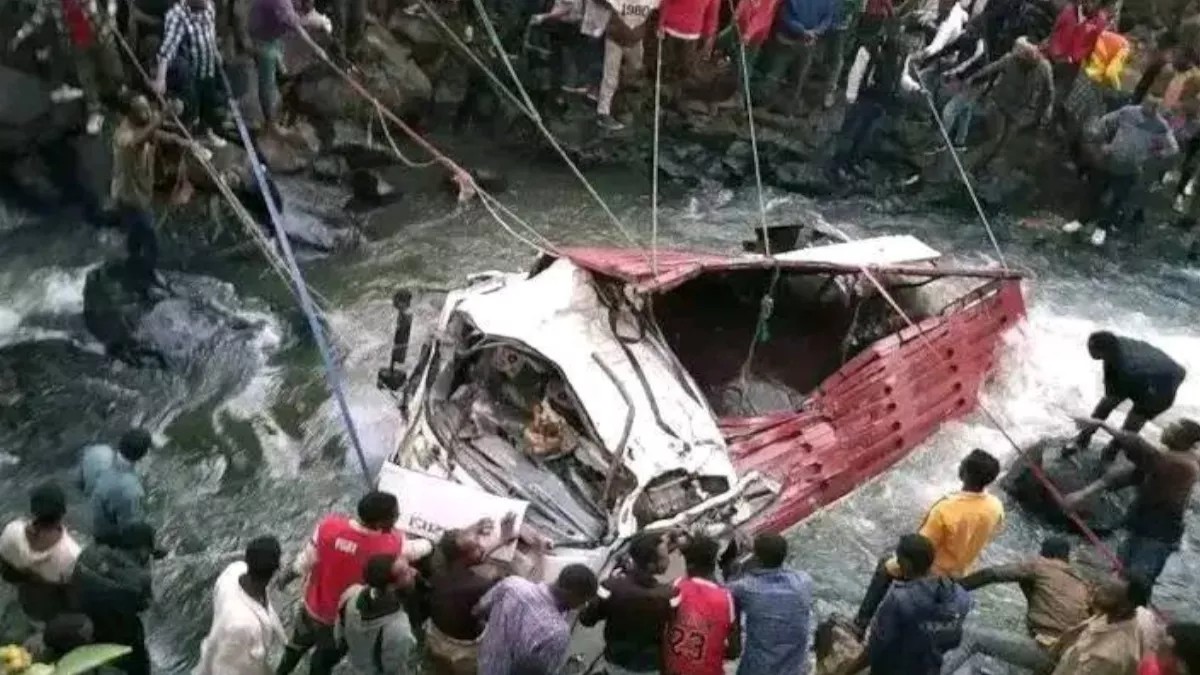
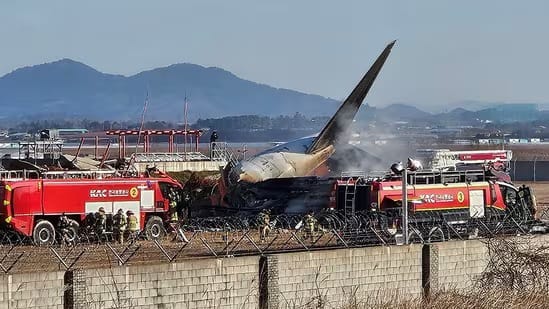
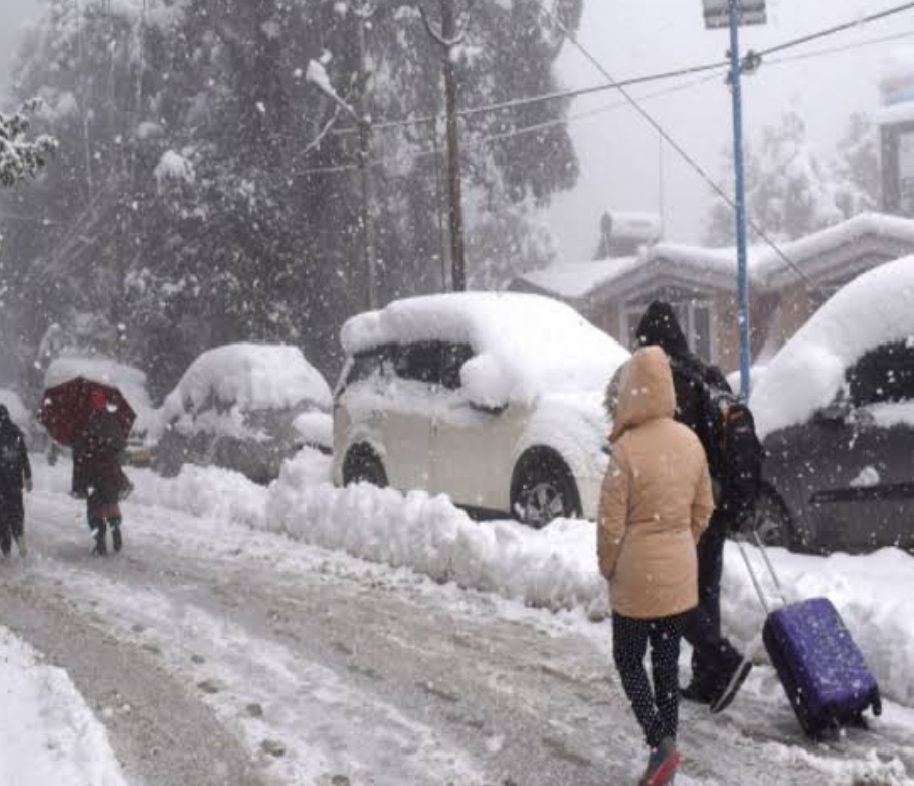
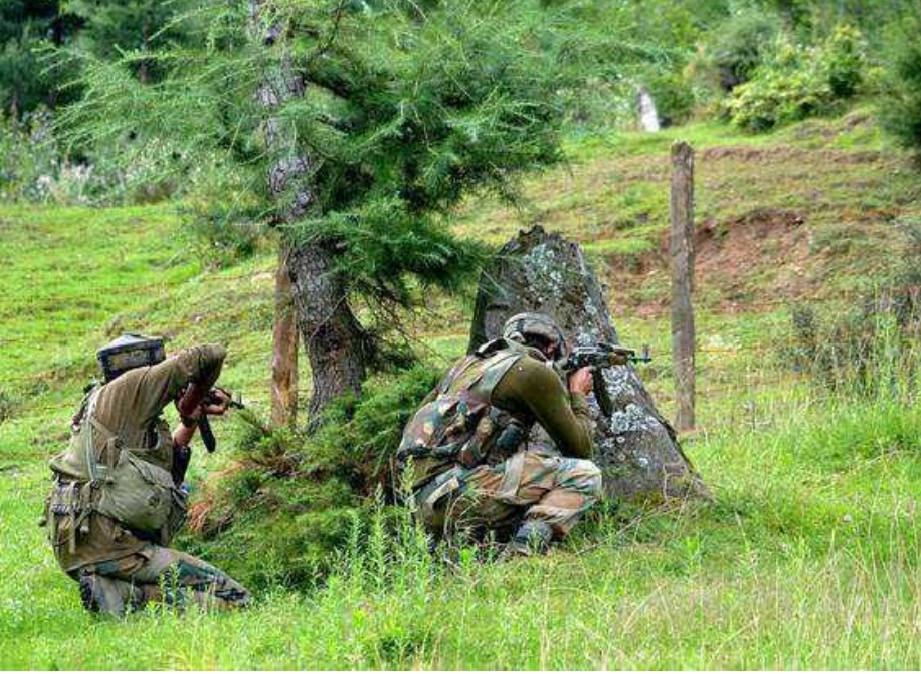
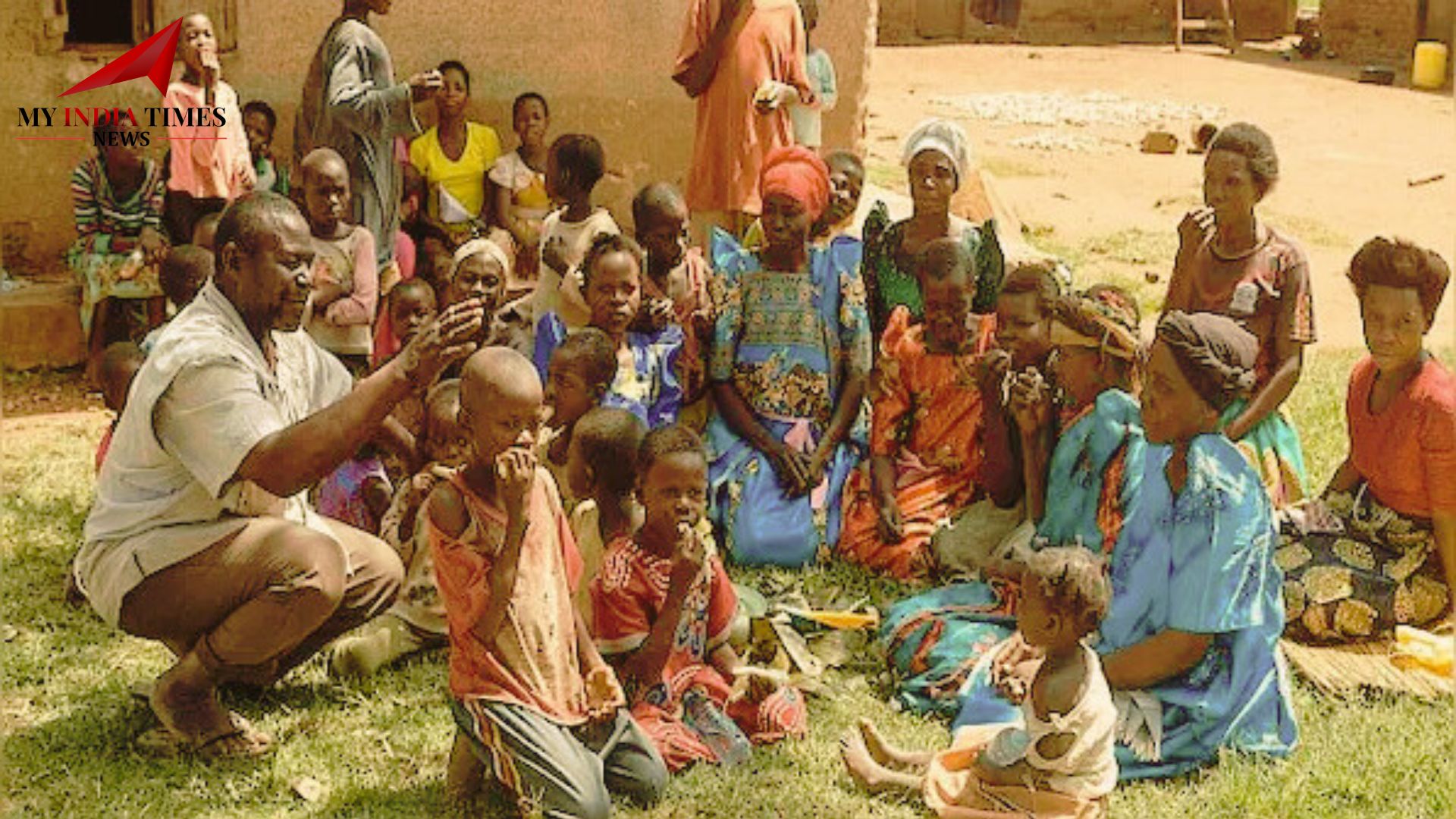
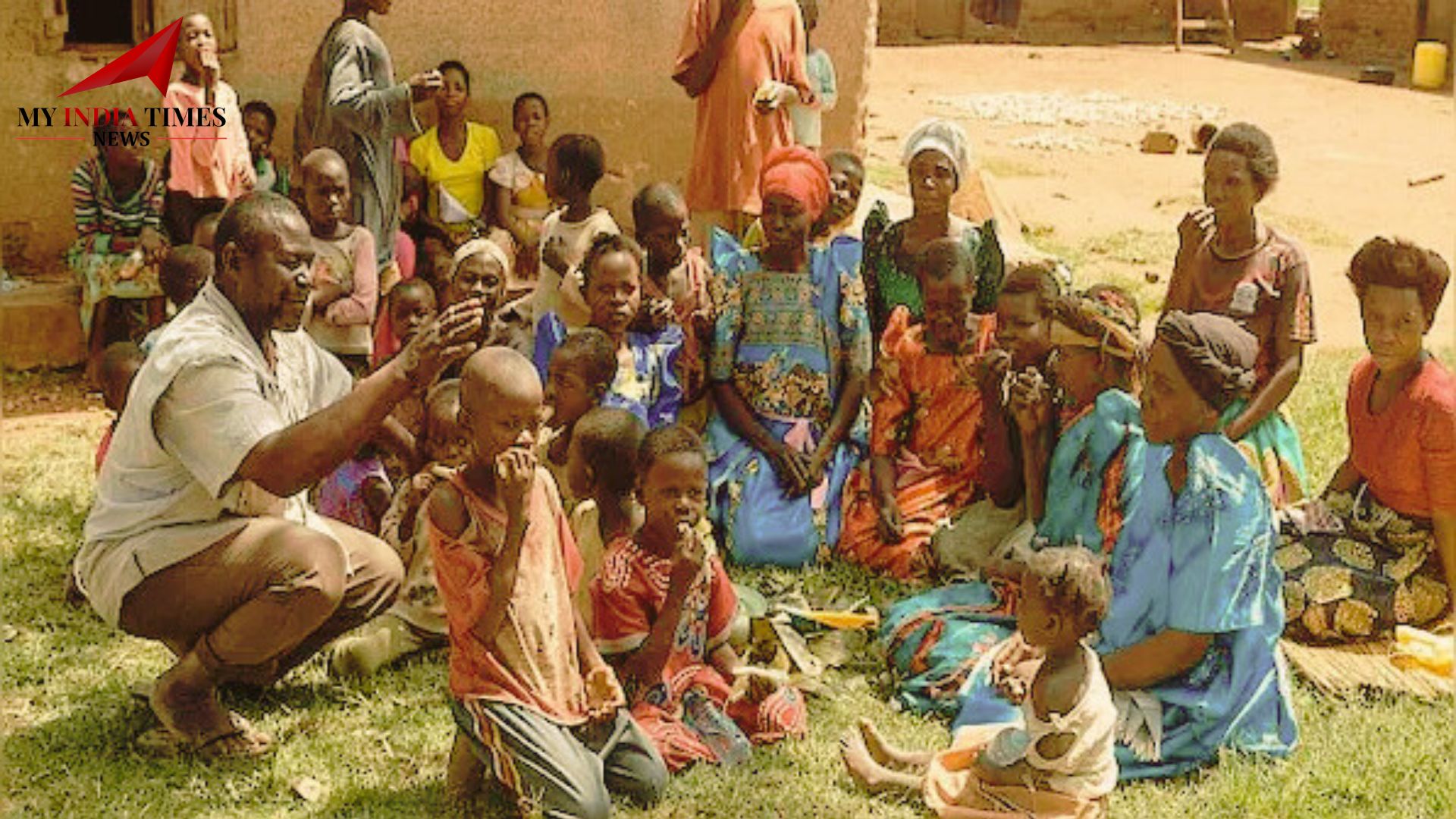

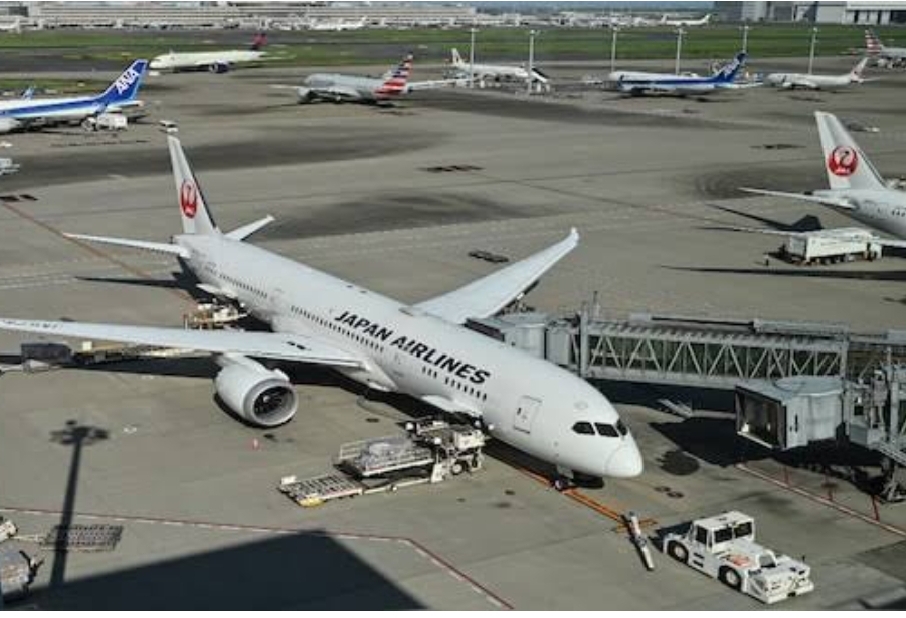
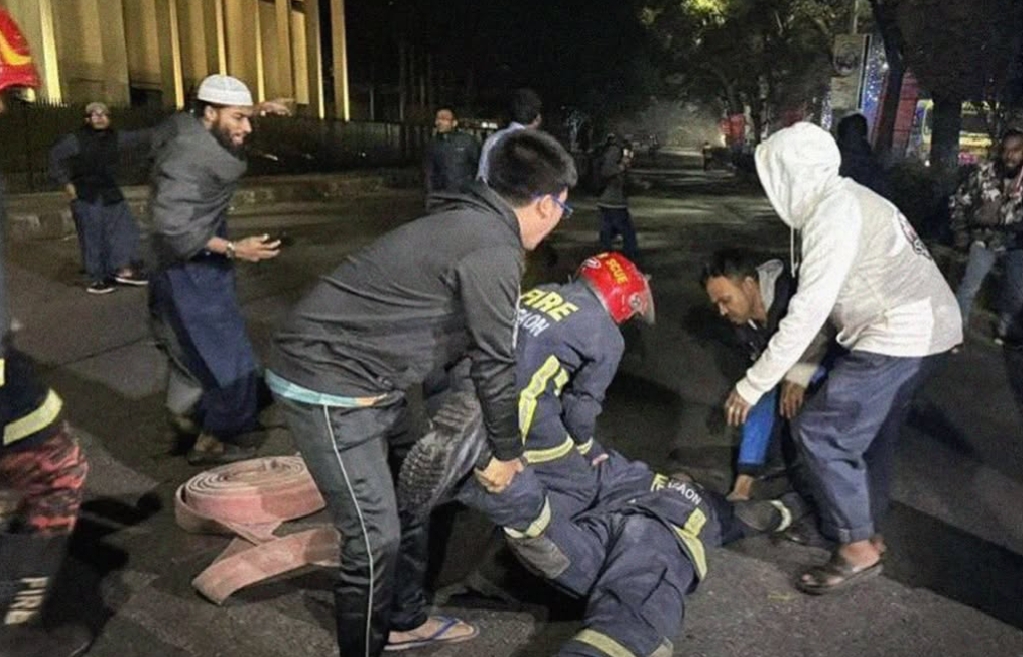










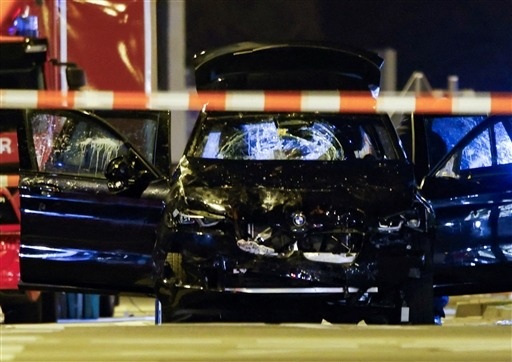






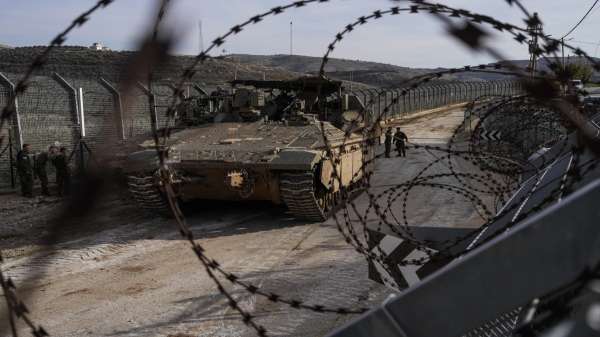
.png)




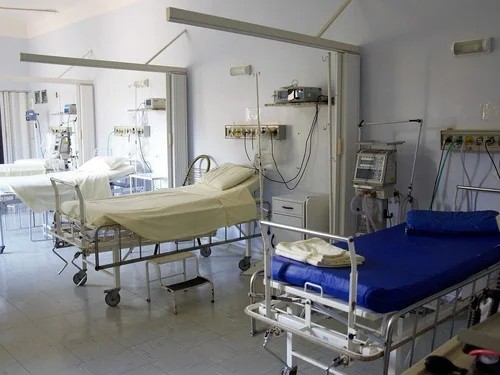



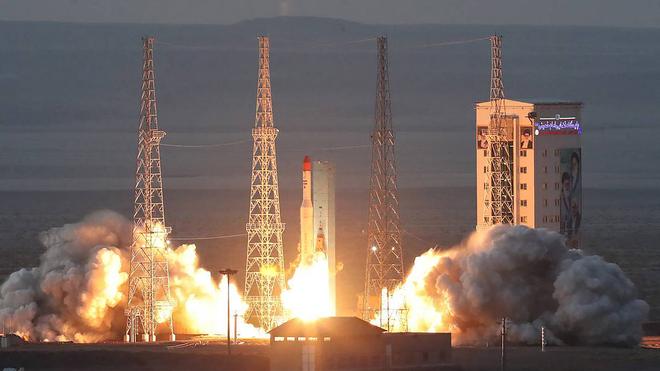


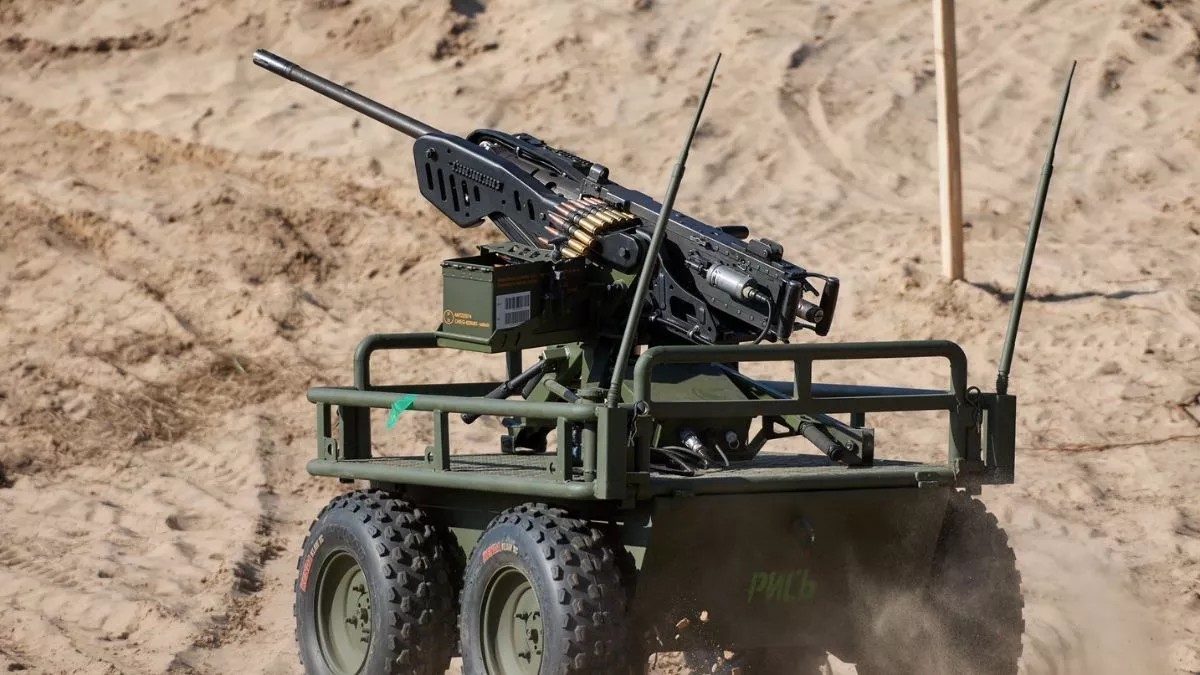

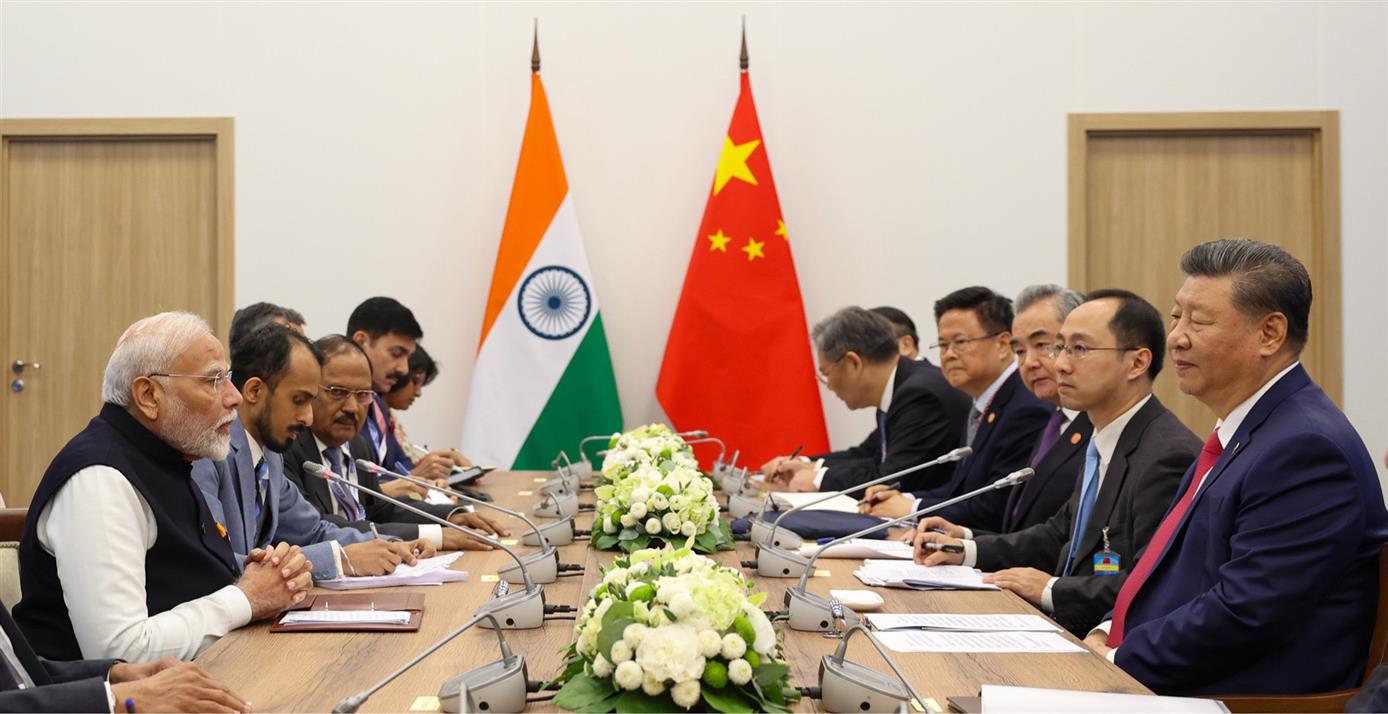
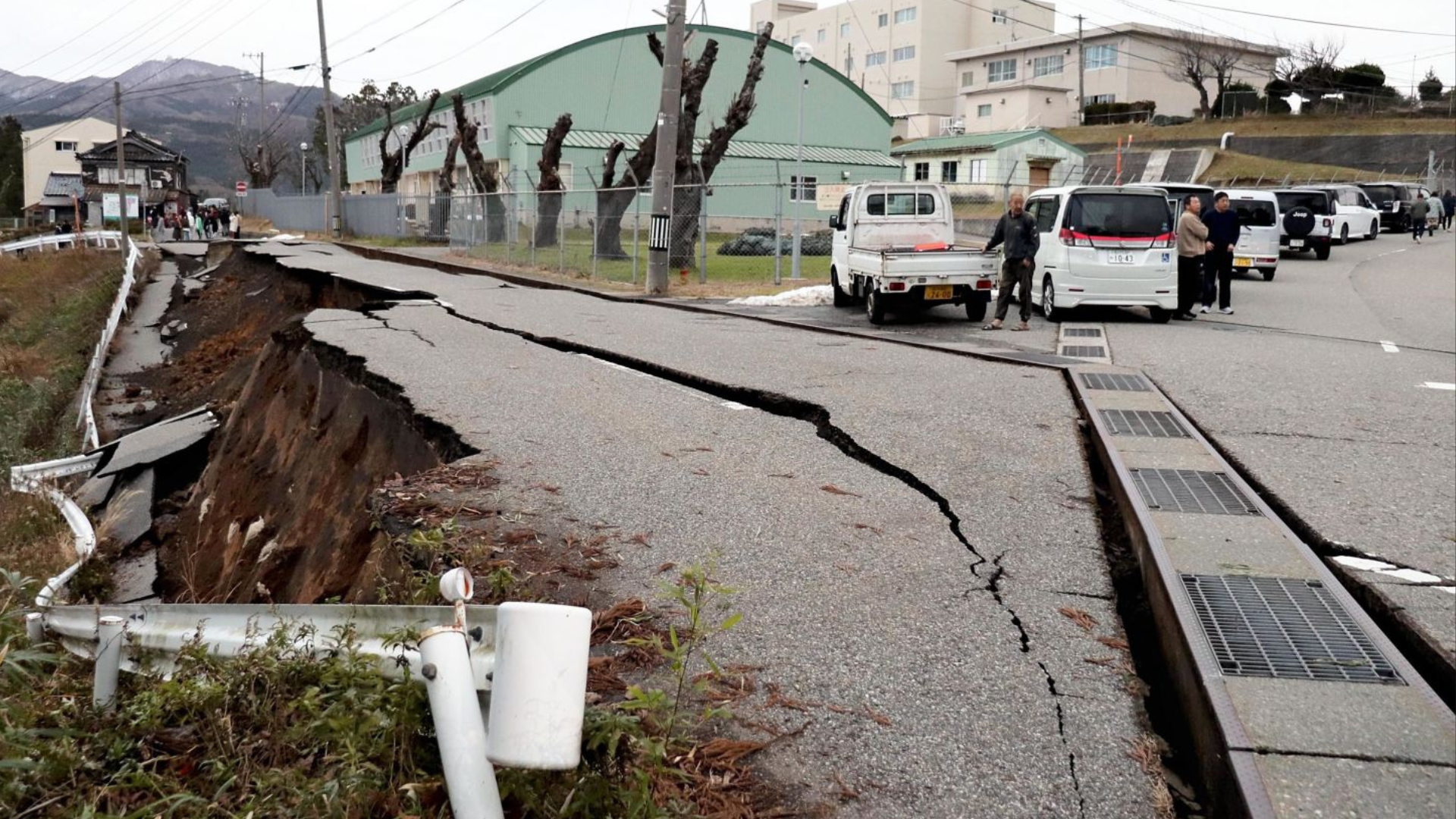



.png)

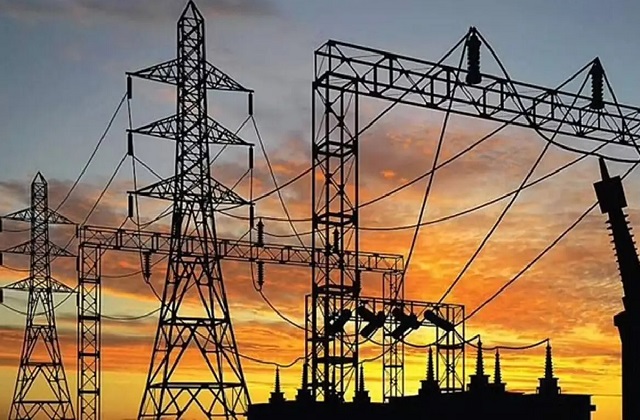


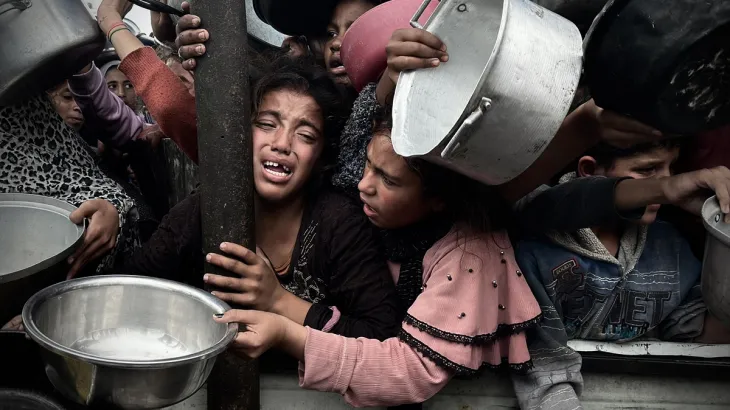


.jfif)


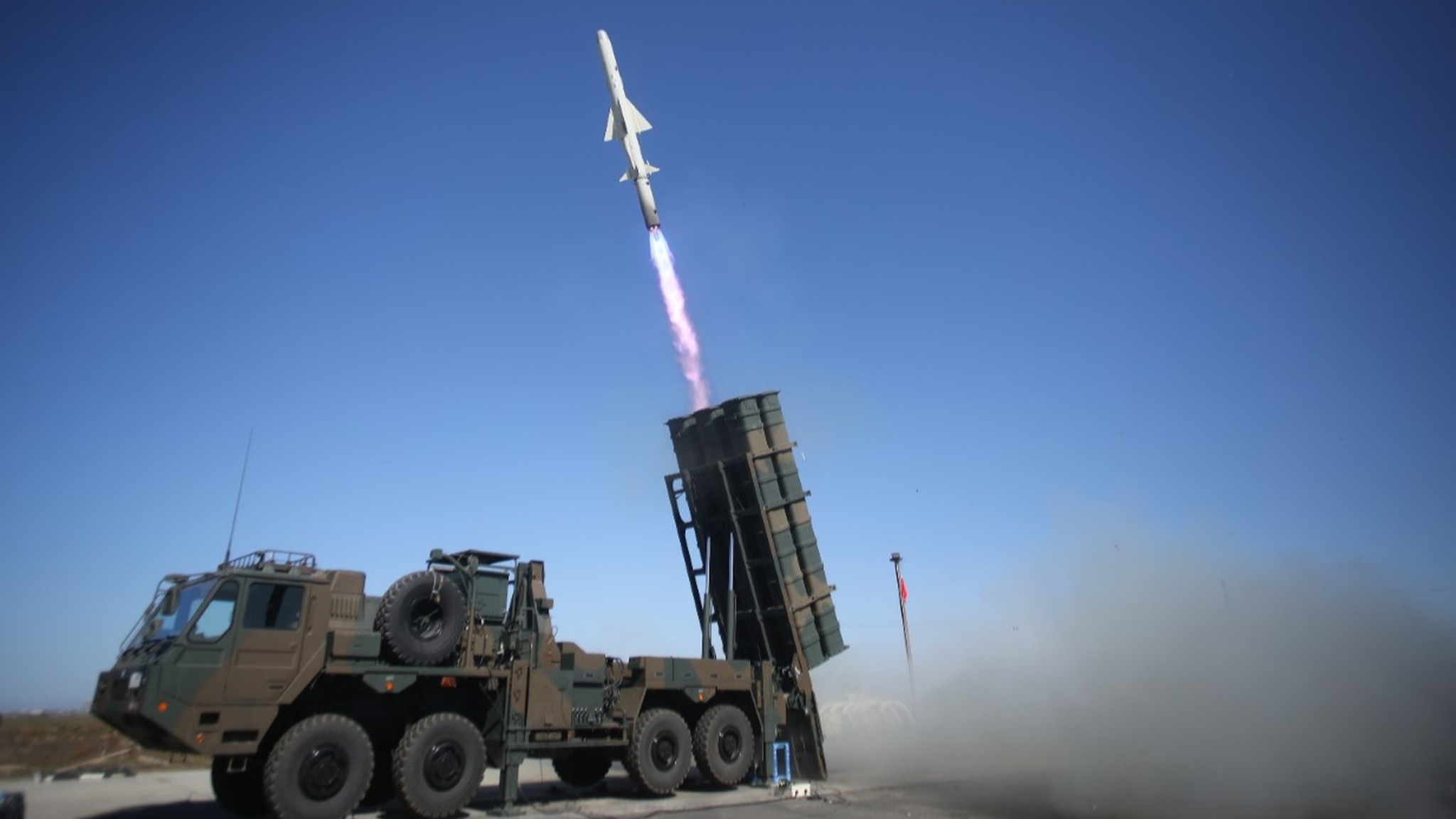




































































































.png)
 (1).png)























